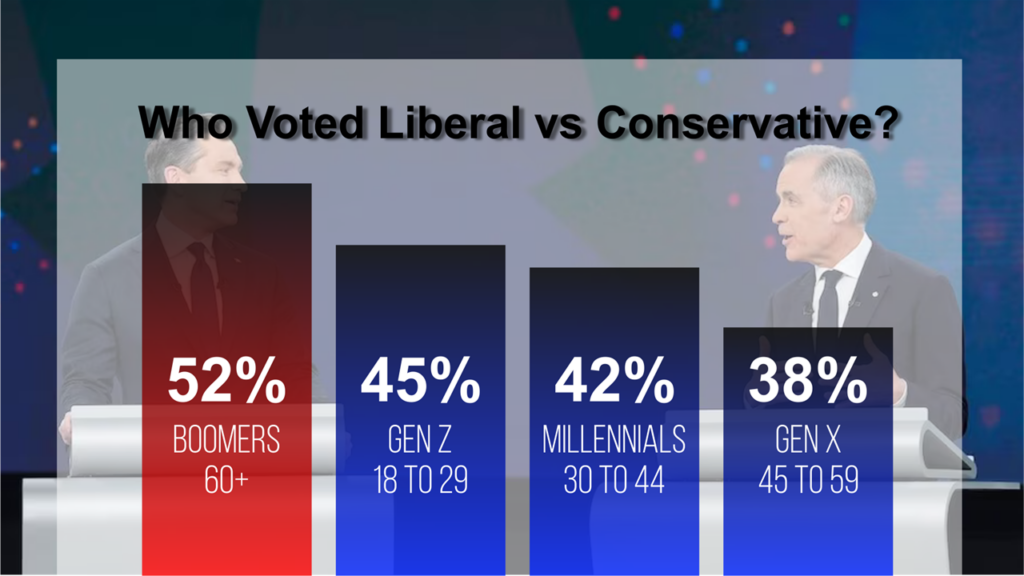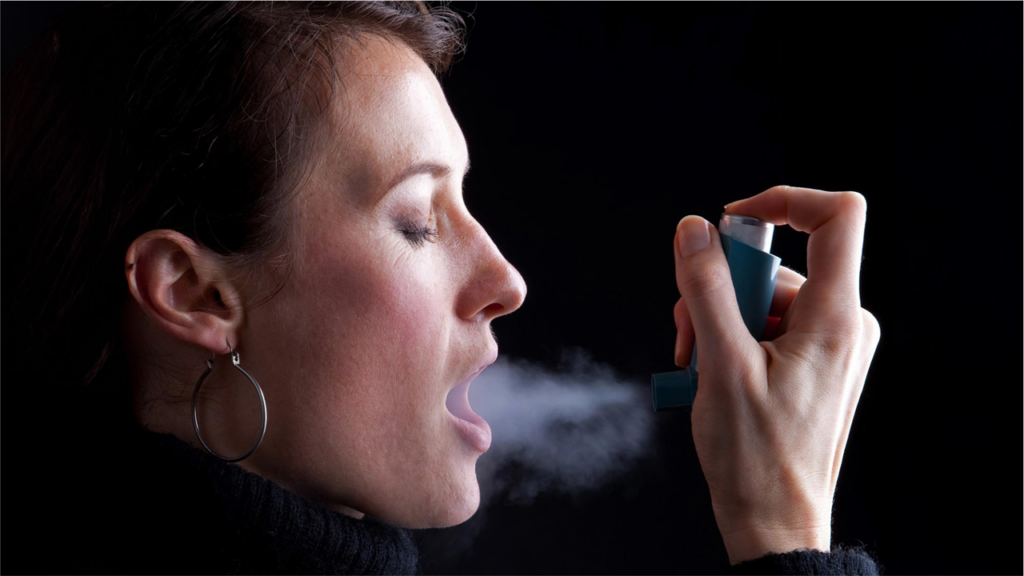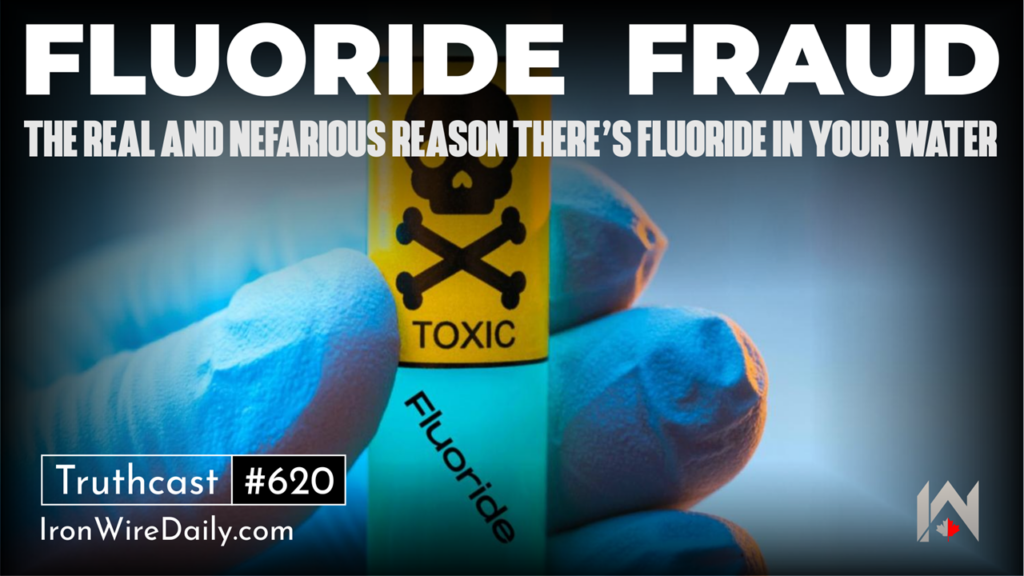HHS recommends therapy—not sex change—to treat gender dysphoria

The review stated that the effectiveness of psychotherapy for other mental health issues, including those present alongside gender dysphoria, “suggests it may also be beneficial for GD specifically.”

minute read
The Department of Health and Human Services has released its Treatment for Pediatric Gender Dysphoria review, in which it recommends a greater emphasis on behavioral therapy when addressing gender dysphoria in minors over invasive and permanent medical procedures such as pharmaceuticals or surgeries.
The 409-page review stated that “Medical and surgical interventions for children and adolescents with gender dysphoria (GD) are widely promoted as essential and even lifesaving, yet the evidence base does not support strong conclusions about their effectiveness in improving mental health or reducing GD.”
The review stated that the effectiveness of psychotherapy for other mental health issues, including those present alongside gender dysphoria, “suggests it may also be beneficial for GD specifically.” The issuance of the report came after President Donald Trump signed an executive order in January directing the HHS to conduct a review of best practices for treating gender dysphoria. The report was released on Thursday.
Three European countries were noted to have cut back on medicalized gender transitions for minors in favor of traditional mental health approaches: Sweden, Finland, and England.
HHS conducted an umbrella review of systematic reviews “to evaluate the direct evidence regarding the benefits and harms of treatment for children and adolescents with gender dysphoria.” The review found that “the overall quality of evidence concerning the effects of any intervention on psychological outcomes, quality of life, regret, or long-term health, is very low.”
The review concluded, “A central theme of this Review is that many U.S. medical professionals and associations have fallen short of their duty to prioritize the health interests of young patients.” It added that “While no clinician or medical association intends to fail their patients—particularly those who are most vulnerable—the preceding chapters demonstrate that this is precisely what has occurred.”
“This indicates that the beneficial effects reported in the literature are likely to differ substantially from the true effects of the interventions.”
The report also noted the mischaracterization of therapy for those with gender dysphoria as “conversion therapy,” stating, “Critics of exploratory psychotherapy for GD claim that therapists are trying to ‘promote gender identities that are aligned with the person’s sex assigned at birth.’ A less theoretically-laden description would be that some therapists are trying to help children and adolescents come to terms with their bodies.”
“Discomfort with the sexed body or with societal sex-based expectations is common during puberty and adolescence. For this and other reasons, characterizing as ‘conversion therapy’ any approach focused on reducing a minor’s distress about their body or social role is a problematic and potentially harmful rhetorical device.”
“There is evidence that the specter of being labeled a ‘conversion therapist’— a damaging accusation given the profession’s history with the mistreatment of gay people—has created a climate of anxiety among mental health professionals. Therapists worry that failing to affirm or recommend medical interventions for youth who meet the World Professional Association for Transgender Health’s (WPATH) eligibility criteria could jeopardize their careers and reputations.”
HHS Gender Dysphoria Report by Hannah Nightingale on Scribd














